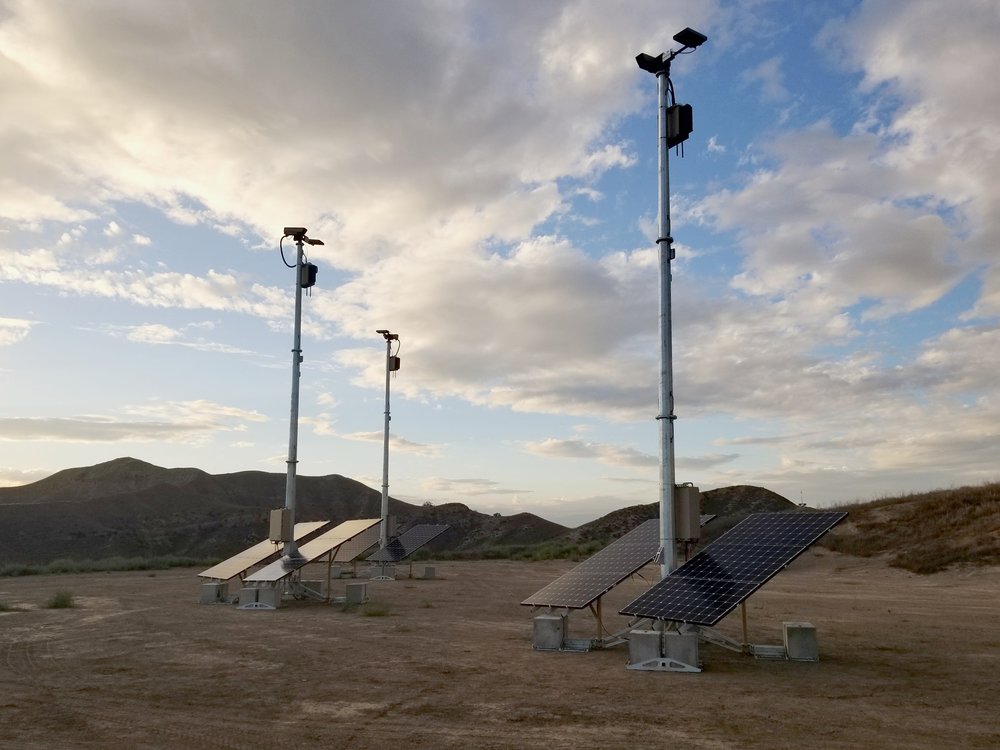Palmer Luckey’s military startup will monitor US bases with AI

Anduril, a company founded by Oculus Rift inventor Palmer Luckey, has secured a contract to monitor US military bases with its autonomous surveillance tech.
The news: Government documents show that Anduril was recently awarded a $13.5 million contract to monitor US Marine bases with autonomous systems. Two of the bases are in Japan; the others are in Hawaii and Arizona.
Greater autonomy: The contract called for a system that will work around the clock to autonomously “detect, identify, classify, and track humans on foot, wheeled and tracked vehicles on land, surface swimmers, and surface vessels and boat.” Anduril makes just such a perimeter-monitoring system, called Lattice, which uses sensor towers, drones, and machine learning to automatically identify trespassers.
Outflanked: The fallout over Google’s involvement in Project Maven showed that the military use of AI is controversial. But as this contract proves, the technology is already rapidly moving into the defense realm. It also highlights how existing defense contractors may be outmaneuvered by companies used to working at startup speed.
Origin story: Anduril was founded by Palmer Luckey, the inventor of Oculus Rift, along with veterans of the intelligence startup Palantir. Lucky has courted controversy in the past for developing technology designed to help monitor the US border—an issue charged with political overtones.
To have more stories like this delivered directly to your inbox, sign up for our Webby-nominated AI newsletter The Algorithm. It's free.
Deep Dive
Artificial intelligence
Large language models can do jaw-dropping things. But nobody knows exactly why.
And that's a problem. Figuring it out is one of the biggest scientific puzzles of our time and a crucial step towards controlling more powerful future models.
Google DeepMind’s new generative model makes Super Mario–like games from scratch
Genie learns how to control games by watching hours and hours of video. It could help train next-gen robots too.
What’s next for generative video
OpenAI's Sora has raised the bar for AI moviemaking. Here are four things to bear in mind as we wrap our heads around what's coming.
Stay connected
Get the latest updates from
MIT Technology Review
Discover special offers, top stories, upcoming events, and more.